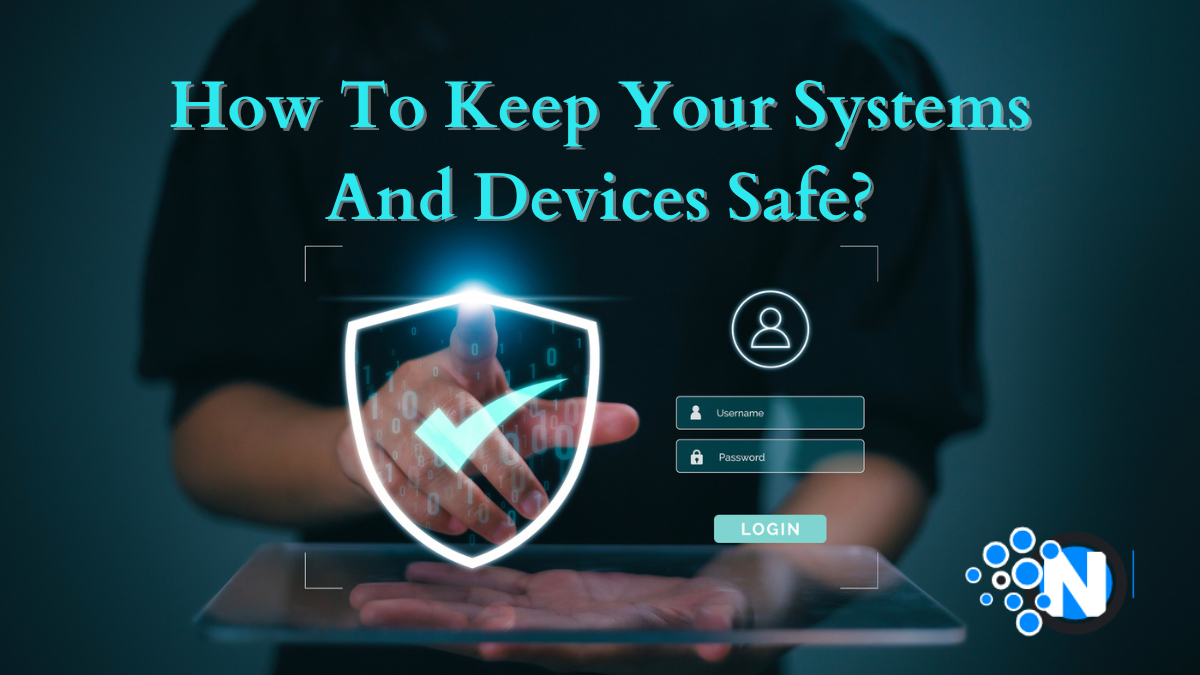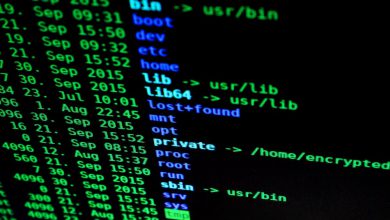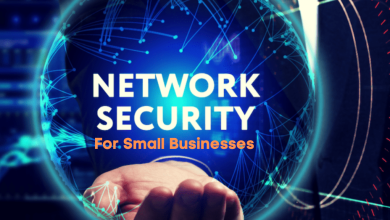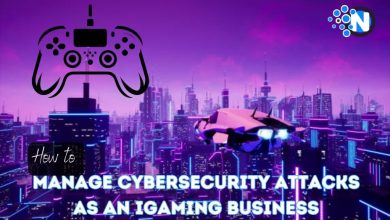How To Keep Your Systems And Devices Safe? 10 Tips
The growth of the internet has opened many possibilities and created new industries. However, such tremendous growth also brought unknown risks and threats.
Spamming terrorized emails, and viruses disrupted business networks. Hacking expands the definition of theft and includes infiltration of systems and devices to steal private information and trick others into revealing personal data. This puts bank account credentials, individual identities, and business secrets at greater risk.
Unfortunately, cyberattacks are becoming more complex and severe over time. This is especially true since most businesses today rely on technology. But don’t worry, many ways exist to help individuals and organizations defend themselves and protect their private data from cybercriminals.
10 Tips to Keep Your Systems And Devices Safe
To help you reduce and prevent cyberattacks, check out these simple tips to protect your systems and devices and safeguard your private data. If you need support with IT processes, don’t hesitate to ask professional IT companies for help.
1- Use A Firewall
Most operating systems are equipped with built-in firewalls. But what exactly are firewalls?
Firewalls are software designed to add an extra layer of protection, safeguarding your data from external threats. They function to obstruct unauthorized access to your network and alert you when an attempted breach into your system occurs.
Before connecting to the internet, make sure your firewalls are activated. Furthermore, depending on your network’s specific requirements, you might consider investing in hardware firewalls. This measure is particularly essential for businesses that handle large volumes of data on a daily basis.
2- Install Antivirus Software
Antivirus software is necessary for all individuals and organizations, especially small businesses. It can protect your devices from unauthorized software or code that may inflict damage to your operating system.
While some viruses may produce noticeable signs, such as slowing down your computer or deleting critical data, they are not always easy to detect. This is particularly true for more sophisticated strains of viruses designed to operate covertly.
Such dangerous viruses tend to carry out their malicious activities in the background, making their detection challenging, especially when it comes to less conspicuous or overt attacks. As such, relying on efficient antivirus software, updated to recognize the latest threats, is essential for robust protection.
Antivirus software is necessary for keeping your system safe. It can detect potential threats in real time, ensuring your data is secure. Also, don’t forget to update your antivirus, although most programs update automatically.
Once you’ve installed the program, use it right away. Schedule routine scans to ensure your system and device remain virus-free for a long time.
3- Install Antispyware
First, what is spyware? Spyware is a type of software meticulously crafted to monitor and gather information from individuals or entities clandestinely. Its detection and eradication can be challenging, and it frequently delivers unsolicited advertisements leading users to harmful websites. Some spyware variants can even log each keystroke made by users to capture passwords and other sensitive data.
Antispyware software concentrates on countering this threat and is commonly incorporated within many comprehensive antivirus solutions. It offers real-time protection by scrutinizing each piece of incoming data and obstructing potential threats.
4- Use Strong Passwords
Using complex passwords is crucial to prevent system intrusions. The stronger your passwords are, the more difficult it is for attackers to infiltrate your network.
Complex passwords are typically longer and combine numbers, special characters, and letters (uppercase and lowercase). Attackers have a wide range of tools that enable them to break easy passwords in seconds.
Never use words or combinations that hackers can easily recognize and connect to you (e.g., cellphone numbers or birthdays). Don’t reuse your old passwords as well. You can use password managers if you find it hard to store multiple passwords simultaneously.
5- Keep Your System Updated
It’s important to install OS updates as often as possible. Most include security improvements and fixes that prevent attackers from obtaining your information. The same goes for software applications.
Today, most web browsers are sophisticated, especially regarding security and privacy. So, check your browser’s security when installing updates. For example, your browser can help prevent websites from monitoring your actions, increasing your privacy online.
6- Ignore Spammy Emails
Spam is emails sent by unknown individuals or organizations. Ensure you do not click any of them, especially the links and attachments included. These can direct you to malicious websites that automatically install viruses on your devices.
Spam filters have been good at detecting and catching spammy emails. However, more complex phishing emails can mimic other trusted institutions or even your friends, allowing them to bypass the filters. So, stay on your guard against anything that seems suspicious.

7- Have Backups
If you’re not backing up your hard drive, do it now. Having backup data is crucial if attackers get hold of and exploit your system. You can use it to rebuild your system quickly, even after a data breach.
Most OS have built-in backup utilities that allow users to create backup data. You can also use an external hard drive to provide additional space to ensure these utilities function properly.
8- Shut Down Your Devices
Many individuals and organizations are ‘all systems go’ most of the time. But if you’re not a complex internet-based company, it’s best to shut down your device when you’re not operating, especially during long vacant hours.
When you leave it on, your device will be more visible and vulnerable to attackers. Turning off your computers disrupts the possible connection established between you and the hacker and prevents potential mishaps.
9- Use Two-Factor Authentication
Your first line of defense against hackers is your password. However, it isn’t enough to keep them at bay. Therefore, a second layer of protection is necessary. This is called two-factor authentication.
A two-factor authentication system requires you to provide a second form of verification, often a numerical code, after entering your password. The code can be sent via email or phone. This makes it more difficult for hackers to infiltrate your system.
10- Use Encryption
If hackers manage to hack your system and access your files, all may not be lost. This is precisely the scenario where the importance of encryption cannot be denied.
Encryption prevents hackers from accessing and exploiting your data even if they already have access to your system. You can use a software program to encrypt your data or VPN (virtual private network) to encrypt web traffic.
Final Words
Keeping your systems and devices safe from hackers is crucial. This is especially true since most individuals and organizations use the internet to conduct various processes, such as making payments and logging in.
Preventing hackers from infiltrating your system and exploiting your data can help you save a huge sum of money in the long run. Follow the tips discussed above to protect your systems and devices against cyberattacks.





